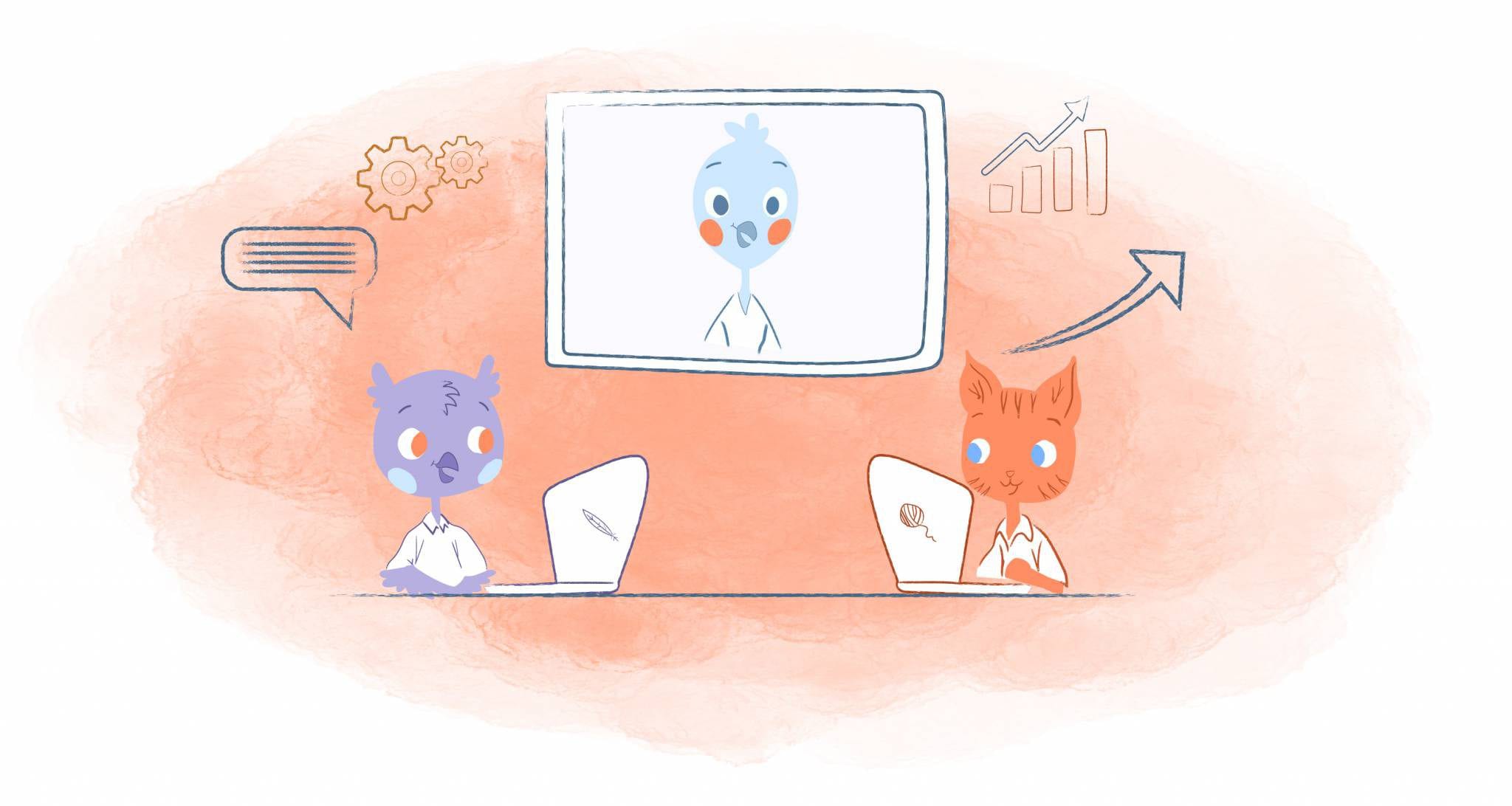

Employers have tracked information about their workers since the time clock punch was invented. But these days, a lot more can be monitored than time on the job. Are biometric sensors a smart way to boost productivity?
Maybe it’s just a file with your name on it, or perhaps it’s just your internet search history. But when does it become too much? Would you be OK being fingerprinted by your employer? What about being watched by sensors that detect whether you’re at your desk?
Labor costs are the most significant expense most companies face, and surely employers should be allowed to measure their return on investment. But at what point do biometrics start to undercut the productivity and trust of the team?
The Beauty of Biometrics
We use biometrics in many aspects of daily life that we don’t find to be directly invasive or “creepy.” If you have a smartphone with face identification capabilities, you might use your Face ID to open your phone, access your banking app, or transfer money via your Venmo account.
In the future, expect biometric technologies like banking with Amazon’s Alexa to spread. The app customizes shopping experiences based on shopping cart touch sensors, voice identification tools, and more.
In the same way that we see increasing uses of biometrics in our daily lives, it’s no surprise that we see more applications in the workplace too. Biometrics can help employers track and organize information about their employees. Some ways employers are using biometrics to their benefit are:
Authentication
In 2018, Spiceworks, a professional IT network, predicted that 90% of businesses would use biometric authentication in 2020. A powerful computer can easily guess passwords. Even when a company uses opt for something a bit more complicated than “Password1234,” intelligent password cracking tools put their data at risk.
Aside from replacing passwords, biometrics can add more security through programs like BioCatch. BioCatch software uses AI to analyze over 2,000 behavioral parameters of user interactions to generate risks and threats. The program continuously tracks a user’s patterns and compares it to their behavioral profile; if it doesn’t match, it will announce a security breach.
Tracking Productivity
These days, any work-issued computer or smartphone can track data like internet use, calendar appointments, emails, and location. And wasted time costs companies money.
A TechWorm article suggests that a company with 500 employees casually surfing the internet for just half an hour a day could cost the company $1 million annually. Tracking employee habits is a way to keep team members on track.
Taking smart sensors a step further is Humanyze, a company birthed from the MIT Media Lab. Humanyze gives the traditional employee name badge a complete makeover. The badges look and feel like a standard badge, but they can do more than just swipe an employee into the parking garage. These badges include RFID and near-field communication sensors, an accelerometer, a microphone, and an infrared detector capable of tracing face-to-face interactions.
Technologies like Humanyze can measure employee location, tone, volume, and speed. The data collected can be processed and delivered directly to managers in an anonymous view of their team members. But is it too much?
The Bone of Contention
Tools like Humanyze might make employers feel that they are helping their employees by tracking stress levels and movements. Tracking internet usage may make them feel like they’re protecting their bottom line. But is all that data worth its costs?
Loss of trust
According to an Accenture study, 62% of executives said that their companies were using technologies to collect data on workers, whether about quality of work, safety, or well-being. Fewer than a third, however, said that they felt confident they were using the data responsibly.
Tracking your employees’ every move is a sure way to hurt trust. The sense of confidence between an employer and an employee is what makes a career different than primary school. As an adult, it feels insulting that your boss might be tracking your every move throughout the day, down to your bathroom habits. If an employee struggles with poor time management skills, they shouldn’t be monitored and tracked; they should be taught how to improve those skills by the team leaders.
Poor company culture
Tracking employee time tends to cut down on those fun moments at work that make our teams grow closer together — and work better together in collaboration. Building culture requires you to encourage communication — not just on work topics, but about their personal lives.
When employees feel monitored, they won’t make time to talk about their beliefs, identity, and belonging. Attracting top talent will become more complicated, and your company might lose employees to one that gives their workers more freedom to be themselves.
Increased employee anxiety
Using biometric sensors like Humanyze to decrease employee stress may have the opposite effect. Employees might feel that if they have a slow day or take too long on a task, they will be punished. They might be so anxious about appearing busy that they create work for themselves rather than sitting down to find real solutions.
A monitored workspace may lead to increased productivity in the short term, but the costs of employee unhappiness easily outweigh that. What makes work fun are those small interactions with co-workers — and, yes, the occasional 10-minute YouTube break.
The bottom line is this: You have to trust the team members you hired. Using biometrics for authentication is one thing, but using them to track workers’ every move is entirely another.











John Hall
John Hall is the co-founder of Calendar a scheduling and time management app. He’s also a keynote speaker that you can book at http://www.johnhallspeaking.com.